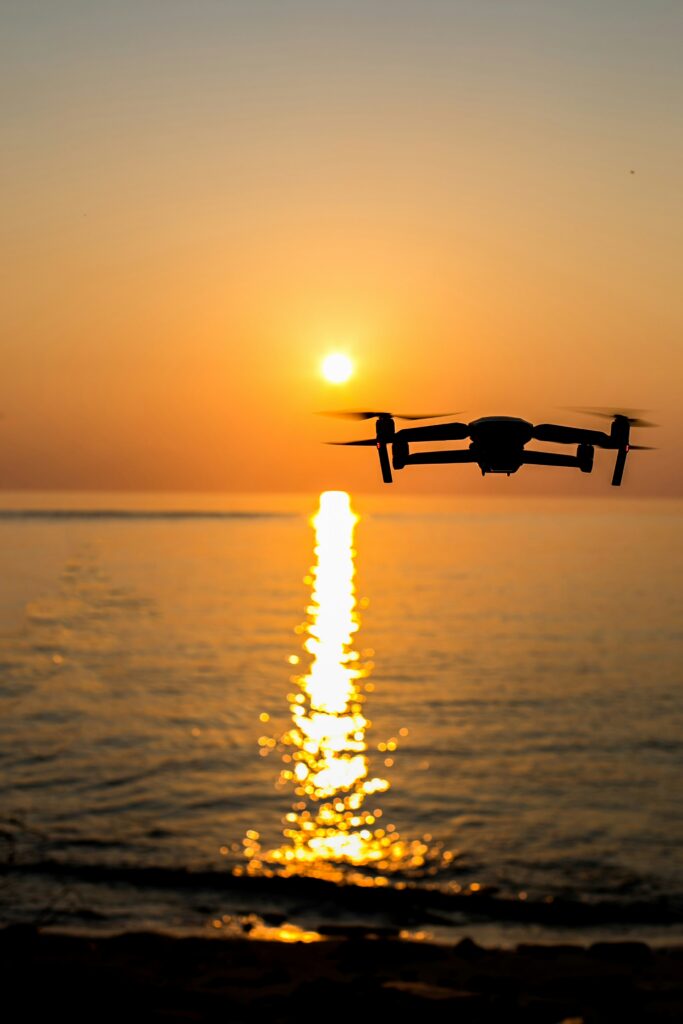Imagine a world where your morning coffee is delivered by a drone right to your doorstep. Sound like something out of a science fiction movie? Well, it might not be as far-fetched as you think.
In recent years, the use of drones for commercial purposes has been gaining traction, with companies like Amazon and UPS exploring the possibilities of drone delivery services. According to a report by PwC, the global market for drone-powered solutions is projected to reach $127 billion by 2020, with the transportation and logistics sector expected to be a key driver of this growth.
But it’s not just delivery services that are benefiting from drone technology. Industries such as agriculture, construction, and security are also seeing significant advancements thanks to drones. For example, farmers can now use drones equipped with cameras and sensors to monitor crop health and efficiently manage their fields. Similarly, construction companies are using drones to conduct site surveys and track project progress in real-time.
Despite the numerous benefits of drone technology, there are also concerns about privacy, safety, and regulatory challenges that need to be addressed. As the industry continues to evolve, it will be crucial for stakeholders to work together to establish guidelines and regulations that ensure the responsible and ethical use of drones.
In conclusion, the rise of drone technology is revolutionizing the way businesses operate and opening up new possibilities across various industries. As we navigate this new frontier, it’s important to strike a balance between innovation and accountability to harness the full potential of this transformative technology.



